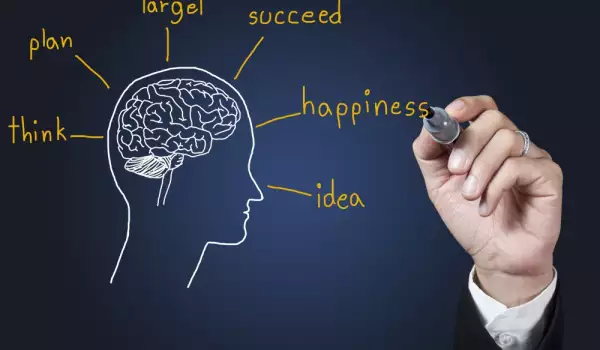Everyone has to remember information for a long time: teachers and students, children and parents. Of course, we encounter the largest amounts of it during study and exam periods.
What to do if a text, which has been read 10 times in the evening, is barely remembered in the morning? Perhaps the question is in the process of memorization and fixation. Psychologists and experts are sure: the usual memorization will not help here. What can be done?
How to improve your memory
Talk about what you read
Most of the information we absorb at school or at work is pretty heavy. Second quarter reports, research papers or cultural discourses are unlikely to be called light. Experts advise: just recite the material to your friends, parents or colleagues. First, you are unlikely to repeat the information you have read word for word, getting confused in terms and participle constructions. Second, reciting involves other parts of the brain. Third, by reproducing information, you will remember it in your own, "digested", but correct form.
It's like the joke about the young teacher: I explained the lesson to them for the 10 times, that I myself remembered it and understood it, but they never did.
You should not read aloud

It is easier to learn a poem if you say it out loud. But in the case of large articles, this method does not work, slows down and distracts. When you read, there is no need at all to whisper words or try to mentally pronounce what you are reading at the moment. In this scenario, your attention is scattered, the nervous system and eyes get tired, but the text is not remembered. And something else. Try not to look back at the passages you've already read, it throws off the process and concentration, because while you're reading and memorizing, you get into a certain rhythm.
Discuss and argue
If you have your own opinion about what you have read, then you will certainly not forget its essence. The need to find arguments for discussion leads to an emotional connection with the material. When one remembers that a fact presented in time can "stun the enemy, " remembering it becomes almost a pleasurable act. Post your opinion on social networks, comment on the material, organize discussions with friends - the method has been tested by many years of training.
Write down what you read
Colored pens, markers and stickers are your helpers. If your goal right now is to memorize a scientific paper, reports, or complex material, then you can't do it without notes. Solving this difficulty is related to the abstract method: fixing what is heard or read in a convenient visual form, it is much easier to understand the "author's idea". Use bright colors (no more than 2, except blue) or symbols, mark formulas with a marker, make lists.
Correct what you have read: draw

Why do you think infographics and visual aids are so popular in the educational environment? Yes, because visualized information is much easier to be absorbed, understood and remembered. When reading material that is difficult and overloaded with terms, keep a piece of paper nearby, fixing on it the main connections in the text. Arrows, underlines, strikeouts will definitely help: you may not remember the exact phrase, but remember the location of the term on the sheet and the connections around it and then "pull" the necessary information from memory using the association method.
When is the best time to remember information
Despite the fact that both owls and larks live among us, scientists have come to the conclusion that the most important text is best read early in the morning or in the morning. Before going to bed, when we have the most time, it is almost useless to read in order to remember something, memorization only worsens. There are exceptions to the rule: if you think best (just think, since memorization is not a mechanical process, but a creative one, if it is a matter of reading comprehension) in the evening or at night, plan that time of day.
Where is the best place to remember information
You and your memory must be comfortable. Here again, opinions may differ. Some people strongly advise to study in silence and some get used to the outside noise so much that they can calmly study during breaks and in the crowded noisy subway. But we strongly advise students to study in a relaxed environment. Find a place where nothing will distract you, attract your attention and draw attention to yourself. The longer we focus on the need to remember and understand, the less we want it.
If you associate the memorization process or even just reading with negativity and irritation, then its results are unlikely to be successful.














